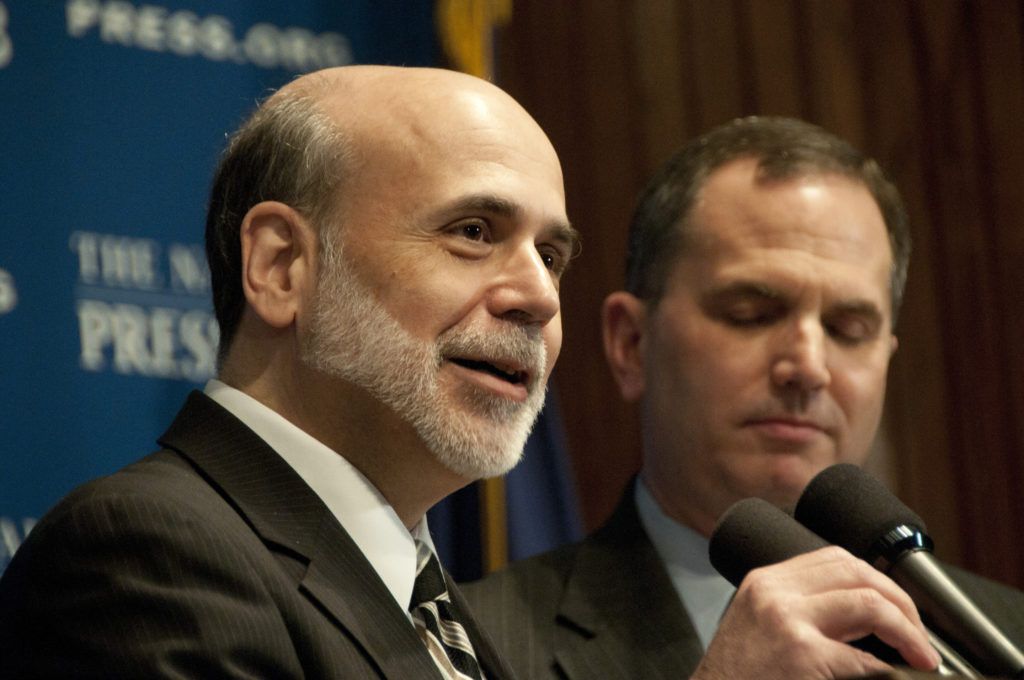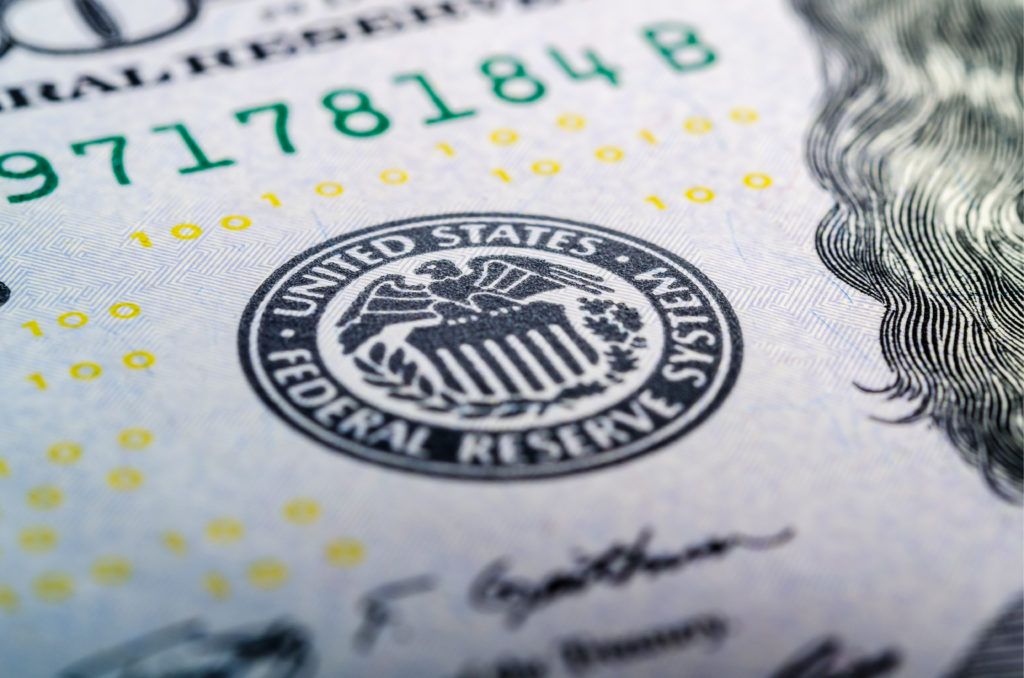A recent essay by Ben S. Bernanke, Timothy F. Geithner, and Henry M. Paulson Jr. describes the preparedness of the United States government for another financial crisis.
The overall health of the economy is good, according to the authors.
The Dodd-Frank legislation of 2010, which overhauled the financial sector, has apparently created a far more manageable regulatory climate for central bankers. This equates to increased power and the authority to manage financial markets, limit leverage, and inject funds into failing firms.
The authors make clear that the Dodd-Frank authority structure was what was needed from the start of the 2008 financial crisis. However, without said regulatory power, the crisis was unnecessarily extended.

Economic Health: The Bad News
While the regulatory climate is more stringent, the authors make clear that the greatest issue going forward is capital. Congress has recently removed many of the measures put in place to inject capital into the economy through the central bank. With these measures removed, failing institutions and banks would have no one to turn to for support. With the loss of capital comes a loss of confidence, which further restricts capital. This infinitely regressive cycle eventually crushes economic growth and stability.
Bitcoin in the Next Financial Crisis
While the potential for a financial crisis appears to be increasing, many are calling for limited Federal Reserve power. The issues that have brought the economy to the place where massive federal injections of capital are needed have now come to roost. With a ballooning national debt and the potential that all tax receivables will be subsumed by interest alone, such policies appear to be proverbial bandaids for malignant cancer. While the crisis is averted in the short term, the current regulatory climate only leads to greater levels of instability. However, Bitcoin (BTC) represents a decentralized response to financial regulations. Rather than being controlled by external national entities, Bitcoin provides a method of capital transfer that functions in response to market forces. Through a decentralized distributed ledger, the problems that led to the current state of financial fear would be removed — allowing for the free flow of value between parties. It is no wonder, then, that Satoshi Nakamoto tagged the Bitcoin genesis block with “The Times 03/Jan/2009 Chancellor on brink of second bailout for banks.” The handwriting for the next crisis was already written on the wall. Do you think Bitcoin’s decentralization represents a better solution to the next financial crisis than central bank regulation? Is regulation a necessary evil for financial stability? Let us know your thoughts in the comments below!
Top crypto projects in the US | April 2024
Trusted
Disclaimer
In adherence to the Trust Project guidelines, BeInCrypto is committed to unbiased, transparent reporting. This news article aims to provide accurate, timely information. However, readers are advised to verify facts independently and consult with a professional before making any decisions based on this content. Please note that our Terms and Conditions, Privacy Policy, and Disclaimers have been updated.

Jon Buck
With a background in science and writing, Jon's cryptophile days started in 2011 when he first heard about Bitcoin. Since then he's been learning, investing, and writing about cryptocurrencies and blockchain technology for some of the biggest publications and ICOs in the industry. After a brief stint in India, he and his family live in southern CA.
With a background in science and writing, Jon's cryptophile days started in 2011 when he first heard about Bitcoin. Since then he's been learning, investing, and writing about cryptocurrencies and blockchain technology for some of the biggest publications and ICOs in the industry. After a brief stint in India, he and his family live in southern CA.
READ FULL BIO
Sponsored
Sponsored

